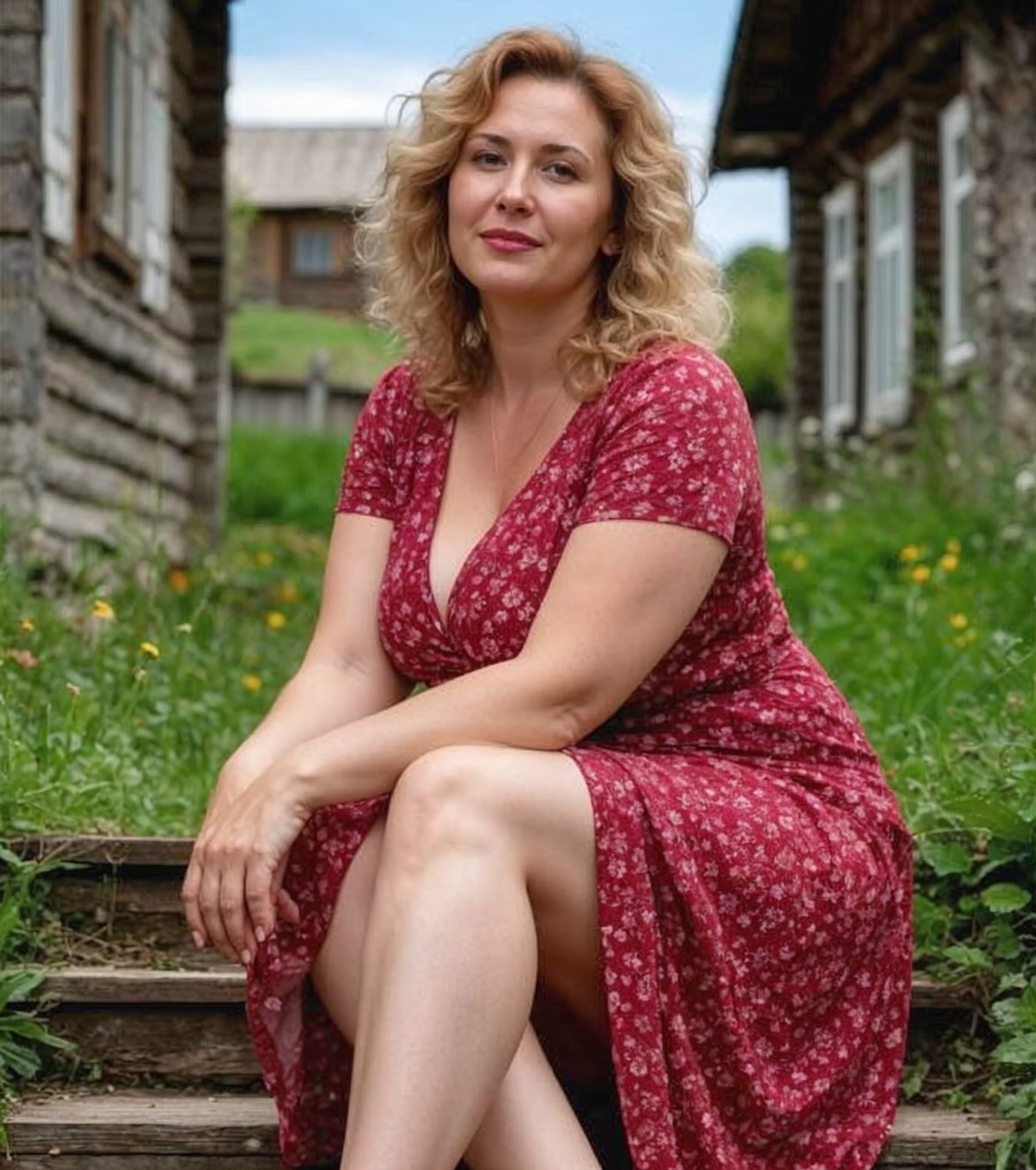Nikolay stood motionless, her words echoing in his head like a gavel’s strike:
“You will die the same way – no one needs you, no one loves you…”
He had never feared solitude before. In fact, sometimes he craved it. But this — this silence, this suffocating emptiness wrapped in regret — was something else. It wasn’t solitude. It was exile.
The door creaked open again — slightly this time. A pale, wrinkled hand extended from the dark, holding a thin manila folder and a black leather wallet. Nikolay stepped forward instinctively, but the chain still held. No eye contact. Just the hand, and then it was gone.
“Thank you,” he whispered, his voice hoarse. But the door was already closed.
He lingered for a moment longer, waiting — hoping — for something more. A sigh. A softening. Even an insult. But the apartment was quiet again. Just like him.
He walked down the stairs slowly, trailing his fingers along the railing like a blind man tracing memories. Each landing brought back flashes — Lida in her pink robe, running out to see if he’d remembered bread; their daughter learning to take the stairs on her own; the neighbor’s cat always sleeping near the radiator on the third floor.
He paused on the second floor and looked out the dusty window. The same courtyard. The same bench where he’d once kissed Lida under the stars. The trees were taller now, and there were more cigarette butts than dandelions. But it was all still here — a ghost town of a life he’d abandoned for a dream with too much perfume and not enough soul.
Outside, the cold slapped him awake. His phone buzzed. A message from Valentina.
“Forget to take your toothbrush. It’s in the trash now. Bye.”
He deleted it without reading it twice.
Standing on the edge of the sidewalk, he didn’t know where to go. His brother’s place? A hotel? The factory’s dorm rooms? All of it felt like defeat.
He looked up at the building one last time. Lida was behind one of those curtains. Alone, hurt. But proud. She’d been with him when he had nothing. Believed in him before the gray hair and the pills. And how had he repaid her?
With betrayal wrapped in the illusion of rediscovered youth.
The irony cut deep: in trying to feel young again, he had aged her ten years.
He crossed the street, no destination in mind. But as he passed a bakery, the warmth of cinnamon and yeast stopped him. The same smell from when he used to bring fresh rolls home every Sunday morning. Just for Lida. Her favorite.
He hesitated, then turned back, entered the store and bought two.
He didn’t go back upstairs. Not yet. But he left the warm bag by the door, carefully tucked in the mailbox slot.
No note. No apology.
Just a small memory. A peace offering.
And for the first time in weeks, he walked away not to escape — but to think.
Maybe he couldn’t undo the damage.
But maybe — just maybe — he could become someone worth forgiving.
